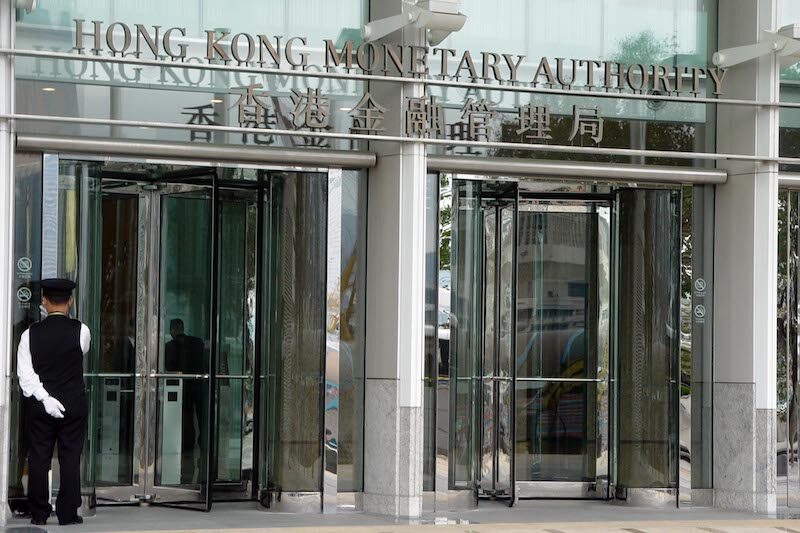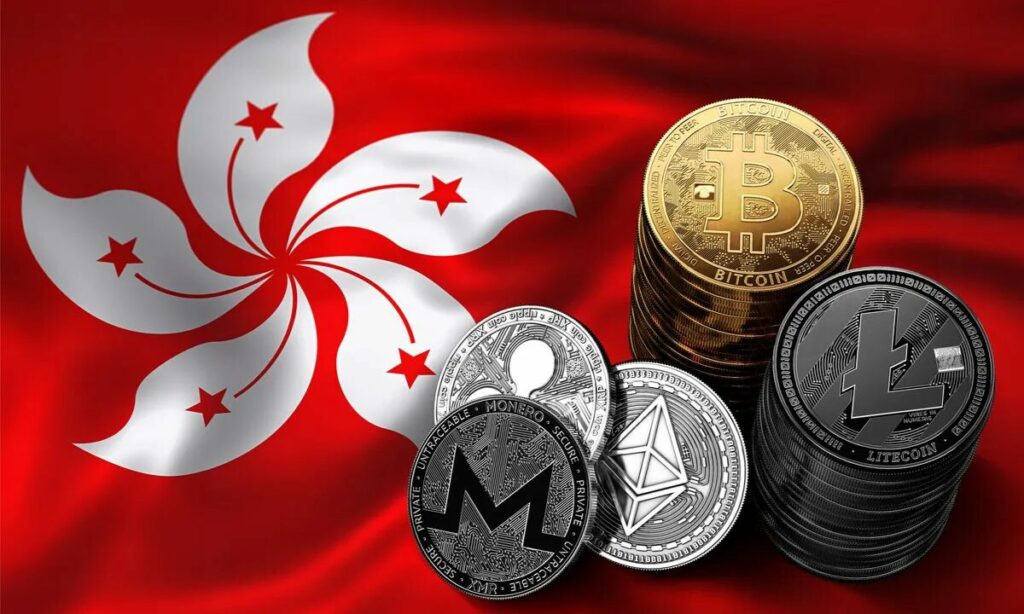The Hong Kong Securities & Futures Professionals Association (HKSFPA) has suggested the establishment of a self-regulatory committee composed of crypto firms to monitor adherence to industry standards. This recommendation aims to strike a balance between supervision and industry development while maintaining Hong Kong’s competitive edge as an international financial center.
Hong Kong Pushs for Self-Regulation

The HKSFPA emphasized the necessity for a statutory semi-official industry self-regulatory institution to drive the development of Hong Kong’s crypto sector. The proposal seeks to address the absence of an overarching organization dedicated to nurturing the industry’s overall growth amid a heavily supervision-focused financial market landscape. By delegating licensing powers to industry players under the oversight of the Securities & Futures Commission (SFC), the recommendation aims to foster a proactive approach to compliance and industry advancement.
According to the HKSFPA’s recommendation letter, Hong Kong’s financial market industry has been overly fixated on supervision without an entity dedicated to holistic industry development. The proposed self-regulatory institution would comprise representatives from the futures, asset management, and virtual asset industries, enabling more nuanced and industry-driven oversight while maintaining regulatory authority with the SFC.
Read more: Hong Kong Approves First Ethereum & Bitcoin Spot ETFs: Market Recovers
Global Regulatory Context

While Hong Kong aims to embrace self-regulation for its crypto industry, global perspectives on regulatory frameworks vary significantly. Lithuania, for instance, is tightening its crypto regulations following compliance failures and embezzlement reports. This move contrasts with Hong Kong’s more permissive approach, demonstrated by recent approvals of spot Bitcoin and Ether exchange-traded funds by the SFC.
In contrast to Hong Kong’s stance, Lithuania has experienced challenges with oversight of its extensive crypto licensee base. The influx of crypto firms and minimal oversight has prompted stricter regulations set to take effect in 2025. Hong Kong’s comparatively lenient regulatory environment has facilitated the approval of spot ETFs and official virtual asset licenses for crypto exchanges, positioning the city as a more welcoming hub for crypto innovation.
Read more: Hong Kong Securities Watchdog Issues Alert Against Fake Crypto Exchanges
Conclusion
Hong Kong’s endorsement of self-regulation within its crypto industry reflects a broader trend towards balancing oversight with fostering innovation. The proposal by the HKSFPA underscores the city’s commitment to maintaining its status as an international financial center while adapting to the evolving landscape of virtual assets. As global regulators navigate varying approaches to crypto oversight, Hong Kong’s measured stance presents a unique model that prioritizes industry-driven compliance within a supportive regulatory framework.


![Pionex Review ([currentyear]): Trading Bots, Fees, and Pros & Cons 8 Pionex Review Featured Image](https://coinwire.com/wp-content/uploads/2023/08/pionex-review-featured-image-1024x683.jpg)
![Best Crypto Exchanges in UAE and Dubai to Buy Bitcoin ([currentyear]) 9 Best Crypto Exchanges In Uae And Dubai Featured Image](https://coinwire.com/wp-content/uploads/2024/01/best-crypto-exchanges-in-uae-and-dubai-featured-image-1024x683.jpg)
![Cardano vs Solana ([currentyear]): Is Cardano or Solana better? 10 Cardano Vs Solana Featured Image](https://coinwire.com/wp-content/uploads/2023/06/cardano-vs-solana-featured-image-1024x683.jpg)
![Paybis Review ([currentmonth] [currentyear]): Is It Safe and Legit? 11 Paybis Review Featured Image](https://coinwire.com/wp-content/uploads/2024/05/paybis-review-featured-image-1024x683.jpg)
![How to Buy Crypto Under 18 in [currentyear] with Minors 12 How To Buy Crypto Under 18 Featured Image](https://coinwire.com/wp-content/uploads/2023/10/how-to-buy-crypto-under-18-featured-image-1024x683.jpg)